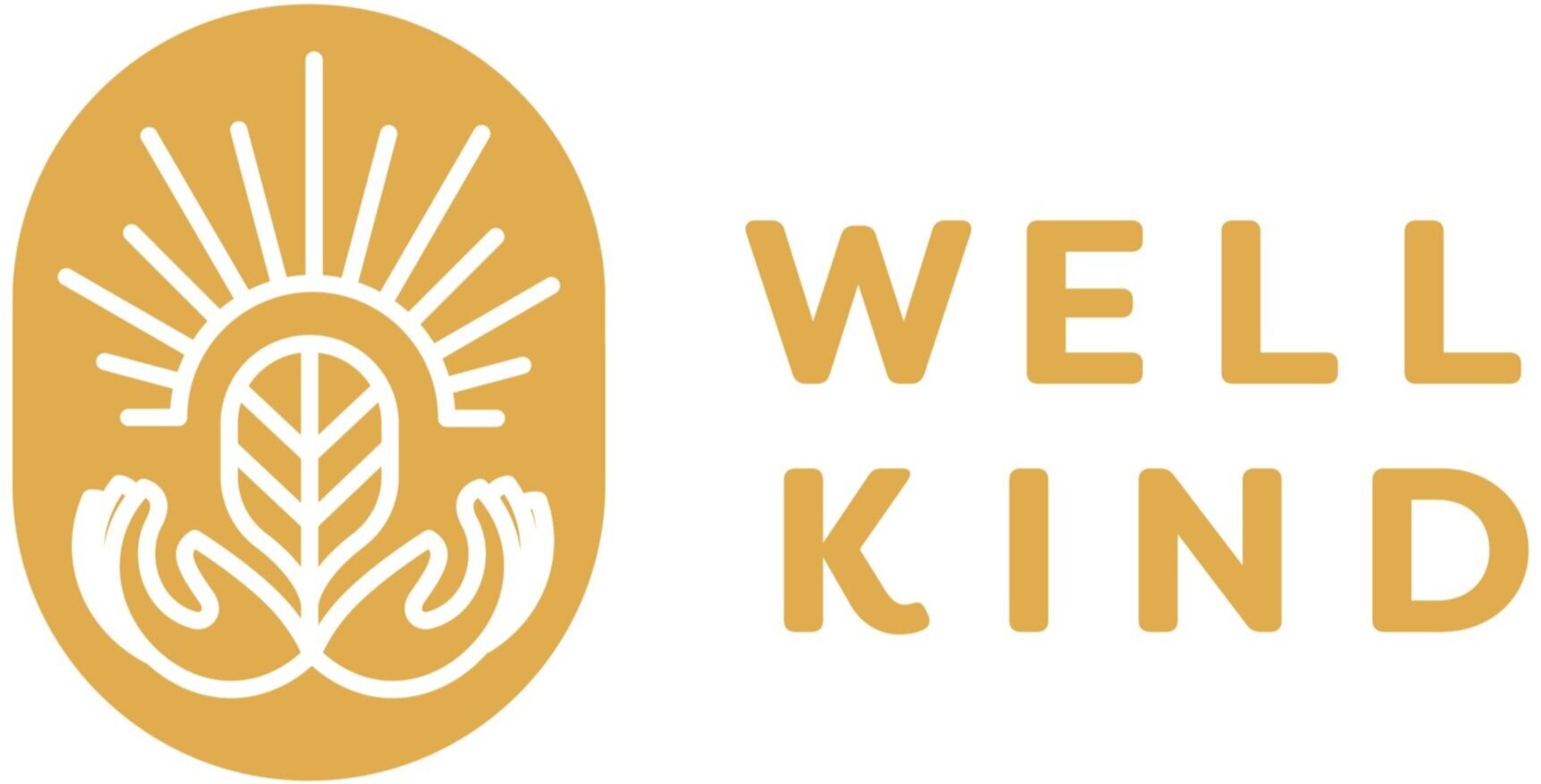Career Panel: Environmental Innovations In an Age of Climate Change
By Catriona MacGregor Glazebrook
Are you interested in learning about cutting-edge conservation programs that can lead the way to protecting biodiversity in a rapidly changing world?
Join us to hear about successful strategies to turn the tide towards a more balanced, harmonious and ecologically sound way of living and working.
We are pleased to announce an upcoming panel on “Innovation & Careers in the Environmental Field.” On Wednesday, March 16, from noon to 1:30 PM PST, a team of leaders in environmental science, education, and activism will share the success stories of their organizations, describe their day-to-day work, and give advice on how to succeed in their fields.
At WellKind, we believe that a bold approach is needed to quickly and correctly identify the direct causes of species loss, and apply solutions.
We also believe in educating the next generation so that they can lead using the newest science to bring our world to health as they enter careers of the future. Vocational education and training is a key part of our Forestry Program. We provide proven habitat management methods and the latest knowledge in science, and train youth in environmental communications. In this way, we prepare high schoolers to be the next generation of green professionals and environmental stewards.
According to the Bureau of Labor Statistics (2020), green careers are expected to grow rapidly in the next few decades. Starting from 2016, by 2026, jobs for environmental scientists and specialists will have grown by over 11%, environmental engineers by 9%, and conservation scientists by over 6%.
The career panel will be broadcast internationally over Zoom and is open to the public for anyone to attend.
Don’t miss this free opportunity to learn about what it’s like to work at some of today’s most exciting environmental organizations! Or hear about how you might be the next founder of an organization or program making a difference.
OUR EXPERT PANELISTS
Laurette Rogers is the Founder and Ambassador for Students and Teachers Restoring a Watershed (STRAW), a restoration science education program for K-12 students and teachers that is part of Point Blue Conservation Science.
STRAW started small but has grown impressively. It is an education and restoration program that has engaged over 50,000 students in over 750 restorations on creeks and wetlands. To date, young people eight years old and up have planted over 70,000 native plants, restoring over 40 miles of habitat. Each year, STRAW conducts 45 to 50 restoration projects that include planting native plant species and restoring stream beds. One of STRAW’s most important achievements is the quality of their work. Children who may have never before held a worm in their hands or spent much time outside are completing restoration projects that rival professional companies’. These projects improve water quality and create healthy new habitats for wildlife, making way for the return of songbirds, fish, and other native species.
Jared Holmes is the Director of Education and Zoologist at Selah, Bamberger Ranch.
Selah, Bamberger Ranch Preserve is a 5,500-acre ranch in Blanco County that has been restored to its original habitat. In 1969, J. David Bamberger sought to buy the worst piece of ranch land he could find in the Hill Country with the specific intention of restoring it back to functional health. For nearly 50 years the 5,500 acre ranch has become one of the largest habitat restoration projects in the state, winning numerous awards (Soil and Water Conservation Service, Texas Forest Service, National Arbor Day Foundation, the Nature Conservancy of Texas, Texas Wildlife Association, Leopold Conservation Award, Texas Parks and Wildlife Department’s Lone Star Land Steward, National Private Lands Fish and Wildlife Stewardship Award, to name a few).
Selah’s mission is to teach ethical land stewardship by example and outreach. The organization offers seminars for landowners and serve as a research lab for botanists, zoologists, and other scientists. They provide hands-on science classes and nature camps for school children — 2,000 children in a typical year. Their public tours and workshops attract birdwatchers, photographers, and animal and plant enthusiasts.
Jared's specialty is scientific communication and reading landscapes to understand community structure. He uses his knowledge and experience to help give his often misunderstood reptilian friends a better reputation and to help advise land owners on making best use of their property for biodiversity.
Kahea Pacheco (Kanaka 'Ōiwi) is a passionate advocate for Indigenous people’s rights, intersectional environmentalism, and climate justice that puts aloha ʻāina at the heart of solutions. She serves as Co-Director for the Women’s Earth Alliance.
Women's Earth Alliance (WEA) is “on a mission to protect our environment, reverse climate change, and ensure a just, thriving world by empowering women’s leadership.”
In some of the most environmentally threatened places in the world, WEA leaders are defending forests and rivers, saving threatened indigenous seeds, launching sustainable farms, conserving coral reefs, and protecting land rights.
WEA identifies grassroots women leaders working on the frontlines to reverse climate change and protect their communities' natural resources, livelihoods, and health. Tget invest in their long-term leadership through training, funding, and networks of support. These women leaders spread their solutions to many others for years beyond project investments.
Kahea joined WEA as a Legal Research Intern in 2011 after graduating from law school with a focus on Environmental and Federal Indian Law.
Kahea has a background in critical theory and human rights, and has lived and traveled around the world, including studying the shifting terrain of ethno-political conflict in Northern Ireland, and the ongoing impact of colonization on the construction of culture and identity in the Pacific.




